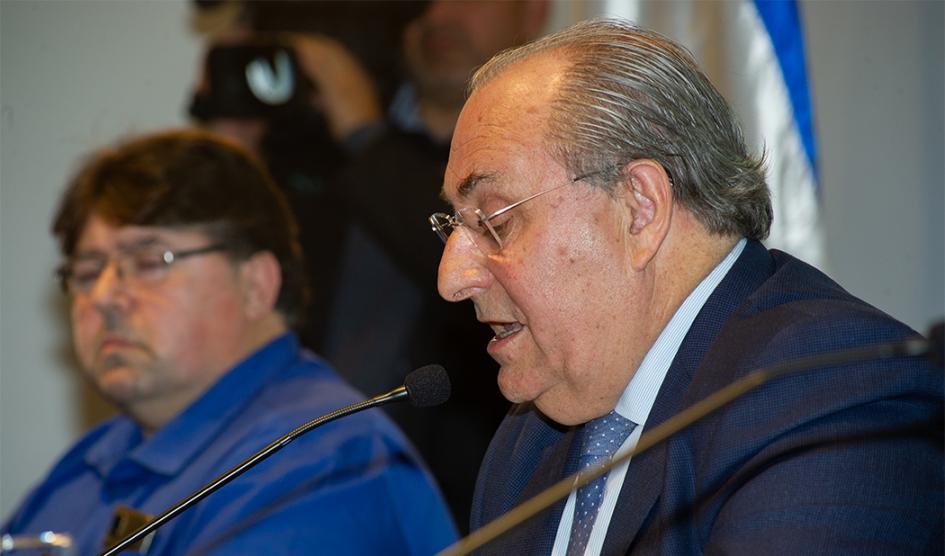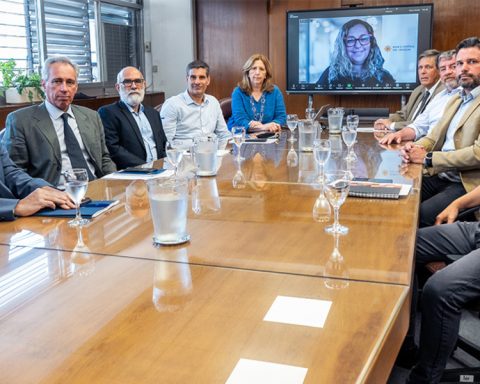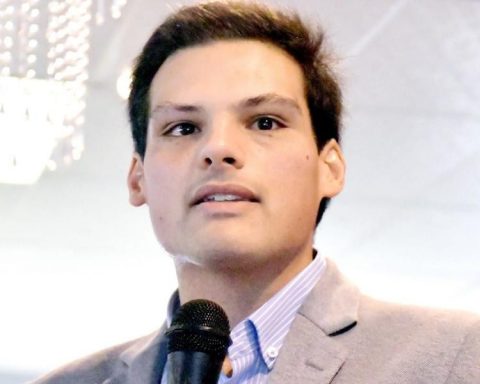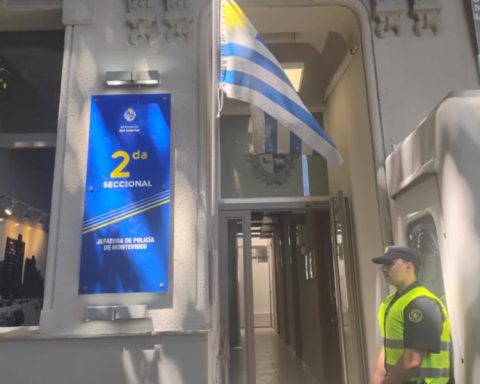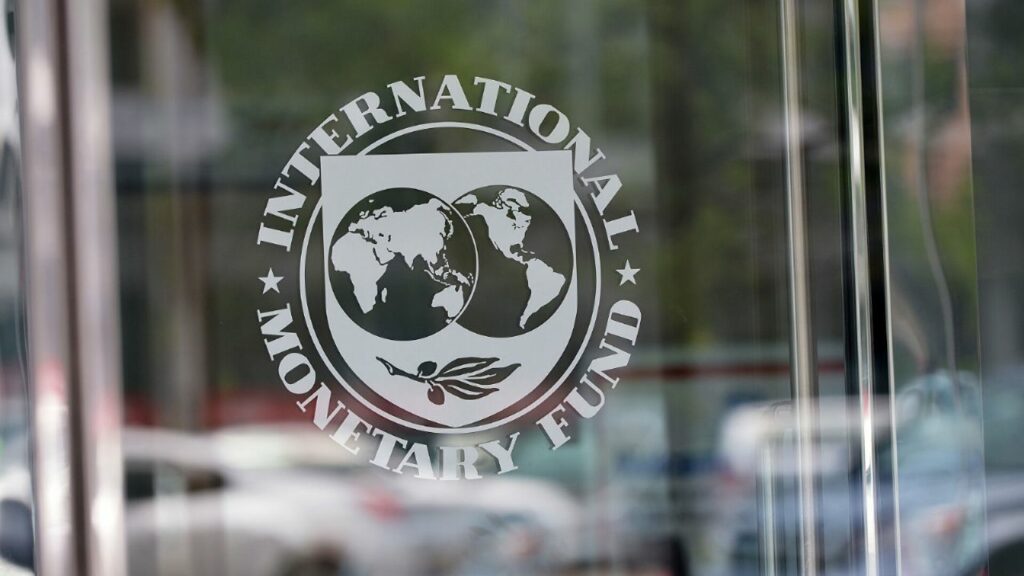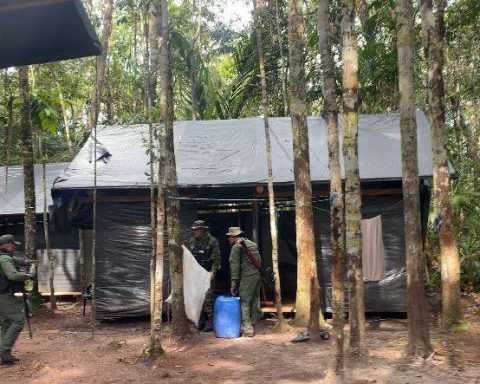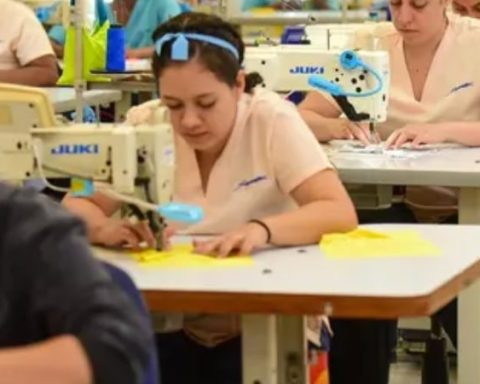The National Administration of Public Education (ANEP), represented by the Central Board of Directors (Codicen), and the National Road Safety Unit (Unasev) presented this Tuesday the 6th the Work Plan on Road Safety Education, with the aim of providing students and teachers of the educational centers the necessary tools to educate through a comprehensive process in terms of roads.
The activity took place in the assembly hall of the Executive Tower, with the presence of the member of Codicen Juan Gabito; the president of Unasev, Alejandro Draper; the head of the Education Area of that unit, Lauro Paulette, and national representatives, among other authorities.
The plan presented implies generating instances of driver education in educational institutions and providing teachers and professors with the necessary tools to delve into the subject, from the conception of an integral process.
The objectives include awareness of the subject, the work of teachers through their own strategies and the generation of spaces for reflection on risks, as well as exchange with their peers and other actors.
The road safety and education action plan is a dynamic and flexible instrument that seeks to reach the education system in a proactive manner, so that the issue “becomes part of the lives of students,” said the president of Unasev. He added that most claims are caused by poor decision making, unforeseen risks or distractions. In this regard, education is a key factor because “there is no road safety without broad-spectrum education,” he assured.
Draper added that one must learn to live in traffic and considered teaching and guidance necessary for this. “Training children and young people in traffic life is to improve learning to act with road education as a discipline, which must be present in the work of all educational centers,” he specified. In addition, he urged the educational group to join in the effort to bring “more and better road education to every child in the country.”
Meanwhile, Gabito, indicated that this project coincides with the approach given to education with respect to incorporating knowledge for daily life.
He valued the integration of the plan in several fields of knowledge, through the adaptation to project-based learning. He also indicated that for teachers it is an opportunity to train better students and citizens. “If we don’t know how to improve our coexistence, we will have failed in essentials,” he said.
The annual plan integrates joint work with community actors, interventions in schools and high schools, thematic workshops, contests, awareness days, delivery of books and various resources, with the support of Unasev to the institutions.
